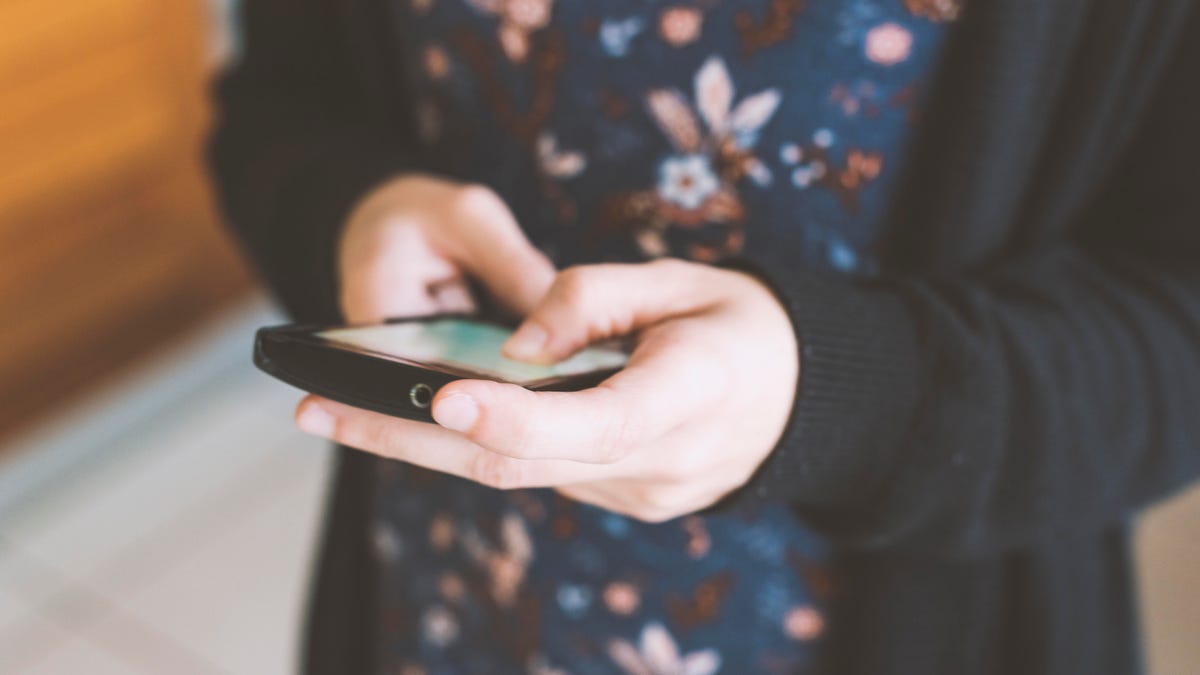Get off social media after a half hour and you might be happier
A new study recommends limiting your time on social media to around 30 minutes a day.

Cutting your social media time to around 30 minutes a day could reduce loneliness and depression, according to a study published last week in the Journal of Social and Clinical Psychology.
For the study, 143 undergraduate students at the University of Pennsylvania were randomly split into two groups: one in which they limited their time on Facebook , Instagram and Snapchat to 10 minutes on each platform per day, and another in which they continued to use social media like they normally would for three weeks.
The group that cut back their social media time had significant decreases in loneness and depression, compared with the group that used social media as usual. One benefit that both groups saw was a decrease in anxiety and fear of missing out over the baseline, suggesting there could be a benefit to more self-monitoring, the study said.
Social media has become a central part of many people's lives. Sixty-eight percent of US adults use Facebook, and around three-quarters of those people go on the site every day, according to Pew. Younger Americans between the ages of 18 and 24 have especially high use of a range of social media platforms. Seventy-eight percent of them use Snapchat, 71 percent use Instagram and 45 percent use Twitter, Pew says.
We're also spending more time with digital media. Last year, adults spent 5.9 hours a day on devices like phones, desktops and laptops, up from 2.7 hours in 2008, according to a Kleiner Perkins report from May. In addition, Americans are checking their phones now more than ever -- an average of 52 times a day, according to Deloitte. That's up from 47 times a day last year.
Tech addiction has captured the attention of organizations like the Center for Humane Technology, which launched a campaign earlier this year called Truth About Tech to raise awareness about technology's effects on kids. In January, nonprofit advocacy group Campaign for a Commercial-Free Childhood wrote a letter to Facebook CEO Mark Zuckerberg asking him to discontinue the Messenger Kids app, saying, "Younger children are simply not ready to have social media accounts."
Other studies have found that use of Facebook and Instagram have been linked to symptoms of depression, the University of Pennsylvania study said. For example, higher use of Facebook has been associated with lower self-esteem and greater loneliness, and higher use of Instagram has been tied to issues with body image, it said.
But the University of Pennsylvania's study notes that most prior research on social media and well-being "has been correlational in nature," and the few experimental studies that have been done only looked at Facebook. Last week's study, the authors said, is the first "ecologically valid, experimental investigation," that looks at several social media sites and objectively tracks usage.
"Ours is the first study to establish a clear causal link between decreasing social media use, and improvements in loneliness and depression," the authors said. "It is ironic, but perhaps not surprising, that reducing social media, which promised to help us connect with others, actually helps people feel less lonely and depressed."
First published Nov. 14, 2:20 p.m. PT.
Update, Nov. 19 at 12:35 p.m.: Adds more data on tech addiction.
Tech Enabled: CNET chronicles tech's role in providing new kinds of accessibility.
CNET Magazine: Check out a sample of the stories in CNET's newsstand edition.

